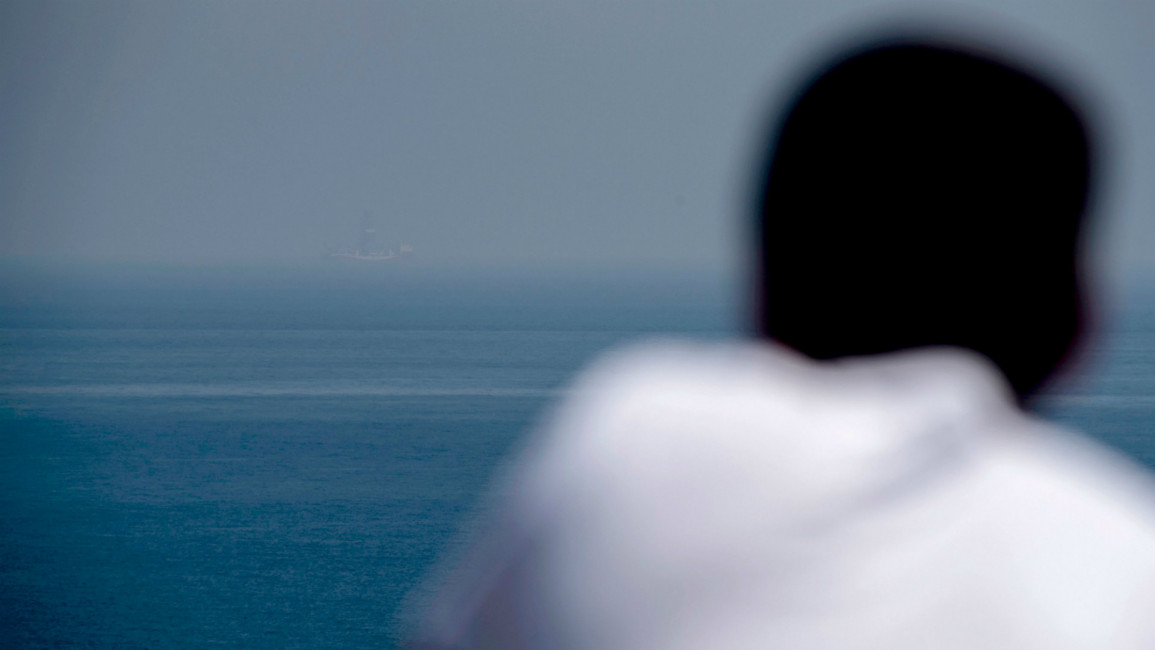Cyprus backpedals on claim that 'pirate state' Turkey stole gas data
Koushous had previously told Greece's state broadcaster ERT that, although Cypriot authorities did not have definitive proof, it was believed that Ankara acquired data that helped guide its drill ship to a specific target south of Cyprus.
The data may have been gleaned from a Turkish research vessel that had for months scoured the area, also known as Block 8, in search of geological information that could hint at gas deposits locked underneath the seabed, he said.
But the information may have also been obtained from the Cypriot Environment Ministry's own website, Koushos added.
The ministry had posted Eni-provided geological data about the area back in 2017, made public in accordance with existing laws at the time. Those laws were later amended in 2018.
The fiery accusation came a time of high tensions in the eastern Mediterranean as Turkey looks to step up its oil and gas activities after signing a contentious maritime cooperation deal with Libya late last year.
Koushos on Wednesday reitirated that Turkey continues to flout international law by carrying on with illegal drilling activity in Cypriot waters and accused the country of "gunboat diplomacy".
"Unfortunately, Turkey has become the pirate state of the east Mediterranean," he said.
This would be the fourth location inside Cyprus' economic zone that Turkey is looking to drill since July.
Ankara has dispatched warship-escorted drill ships to drilling targets to the east and west of the island nation, provoking international condemnation and threats of sanctions from the European Union.
Koushos denied a Turkish claim that it's in secret negotiations with Eni on a hydrocarbons search in the area.
Cypriot Foreign Minister Nikos Christodoulides said on Wednesday that the EU is moving to expedite sanctions against individuals or companies involved in illegal drilling off Cyprus.
Turkey insists part of Cyprus' economic zone falls within its own continental shelf and that its drilling activities are also part of a deal with Turkish Cypriots, whose self-declared republic is recognised only by Ankara.
The US State Department said Washington remains "deeply concerned" over reports Turkey is moving to drill south of Cyprus, urging Turkish authorities to halt the "provocative step that raises tensions in the region".
The State Department on Wednesday reitirated US support for Cyprus' right to develop resources inside its exclusive economic zone. Washington has also given support to a deal that would allow Greek and Turkish Cypriots to equitably share potential gas riches.
Turkish Cypriots say they're unfairly being left out of the gas search and are entitled to a share of any revenues.
The Cypriot government says the Turkish Cypriots' share of such wealth is guaranteed under an energy fund into which all future hydrocarbon revenues will flow and will be split after a deal reunifying the island is achieved.
Cyprus was divided along ethnic lines in 1974 when Turkey invaded the island following a coup by supporters of union with Greece.
A Turkish Cypriot declaration of independence in the island's northern third is recognised only by Turkey. Cyprus joined the EU in 2004, but only the southern part enjoys membership.
Other companies Cyprus has licensed to carry out a hydrocarbons search include ExxonMobil and partner Qatar Petroleum, as well as Texas-based Noble Energy and partners Delek of Israel and Dutch Shell.
So far three gas deposits have been discovered off Cyprus' southern coastline.
Earlier this month, Turkish President Recep Tayyip Erdogan said Ankara would begin offering licenses for hydrocarbons exploration and drilling in areas of the Mediterranean claimed by Turkey under a controversial pact with Libya.
The maritime cooperation agreement was signed with Libya's Tripoli-based Government of National Accord (GNA) in November last year and grants Ankara rights to large swathes of the eastern Mediterranean.
Neighbouring countries Greece, Cyprus and Egypt have condemned the treaty, and Athens has threatened to withdraw support from any future Libya peace deal if the pact is not cancelled.
Follow us on Twitter and Instagram to stay connected

![Members of the Algerian delegation threw roses into the Seine [Getty]](/sites/default/files/styles/image_330x185/public/2024-07/GettyImages-2162980872.jpg?h=199d8c1f&itok=h_3o_TOL)

![The Libyans were arrested at a farm in Mpumalanga province east of Johannesburg [Getty]](/sites/default/files/styles/image_330x185/public/2024-07/GettyImages-2162903568.jpg?h=199d8c1f&itok=4Qzg79i1)